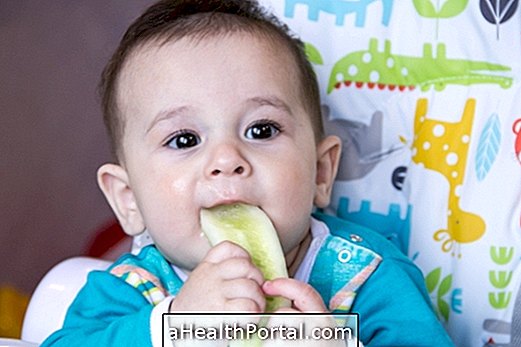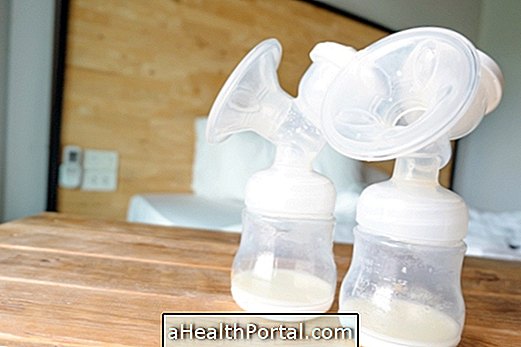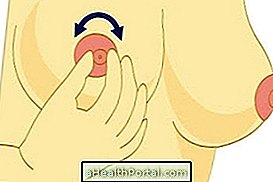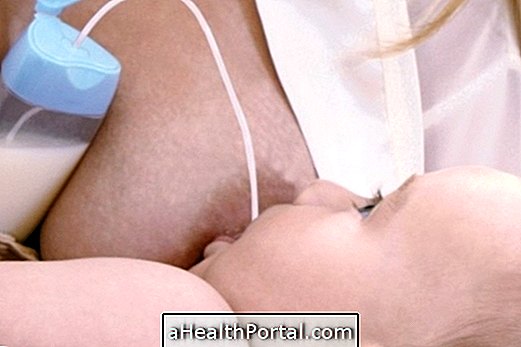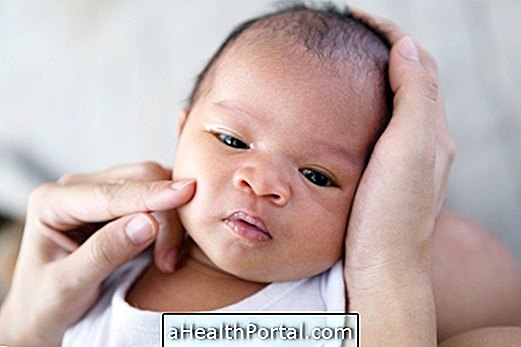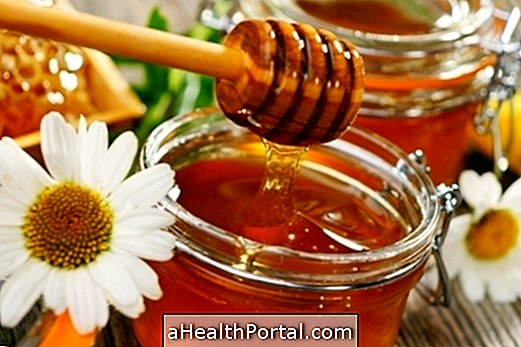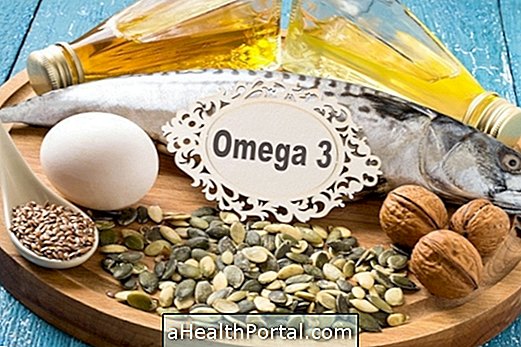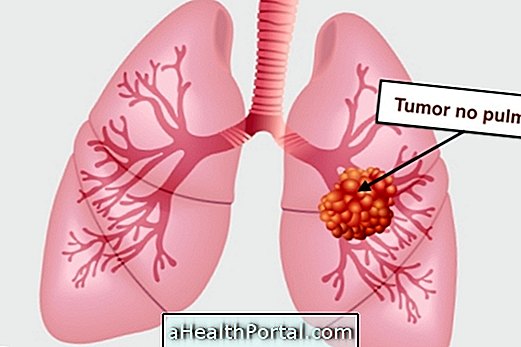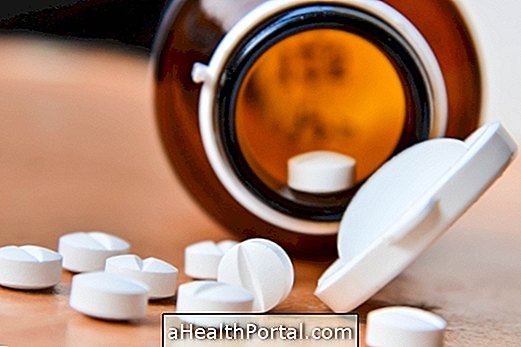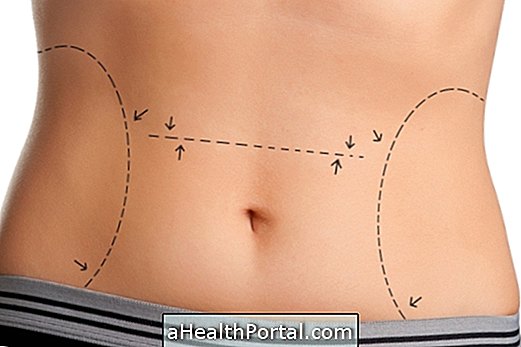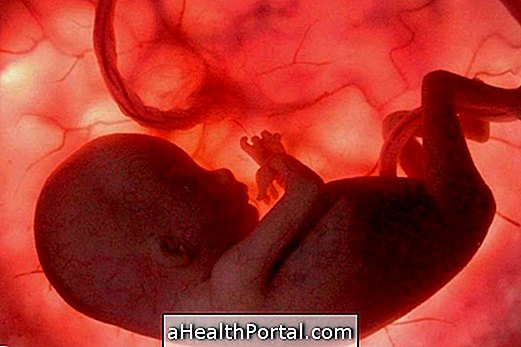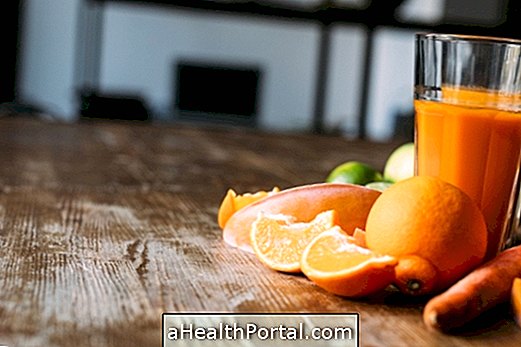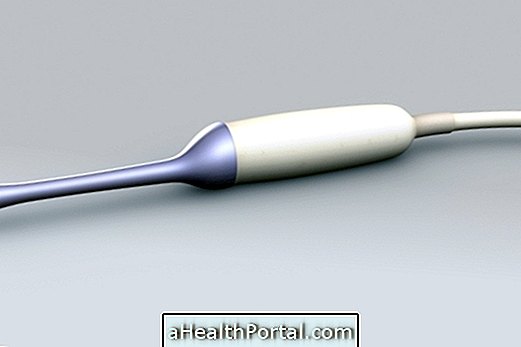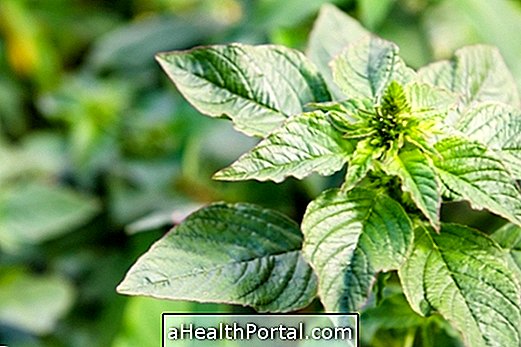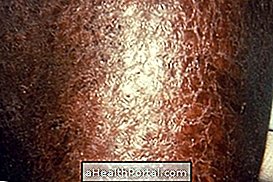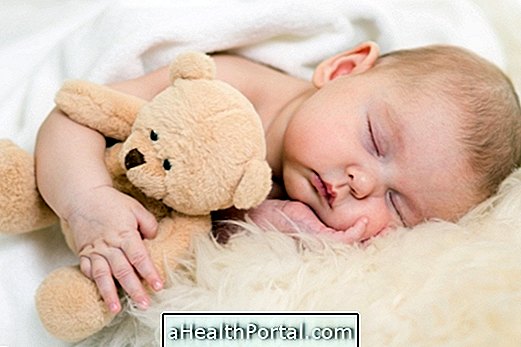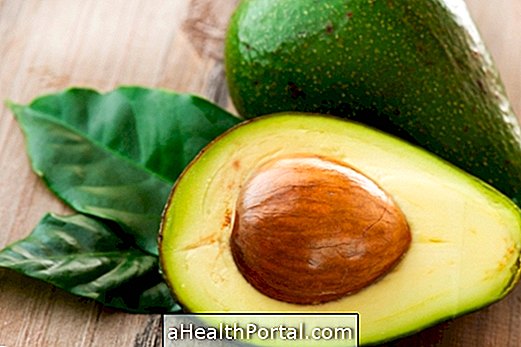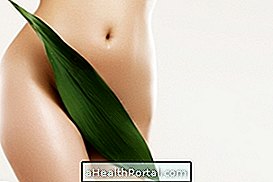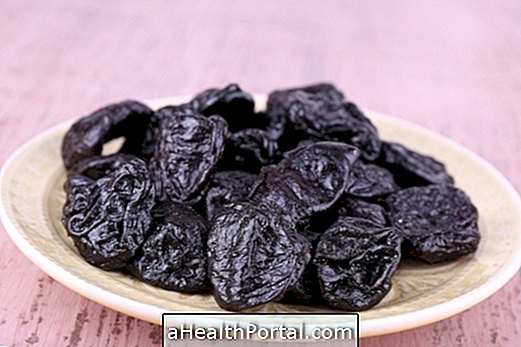Breastfeeding, which is the act of feeding the baby with breast milk, coming directly from the breast, should be exclusive during the first 6 months of the baby's life.
In this period it is normal that the menstruation of the mother who exclusively breastfeeds in free demand does not come despite a bleeding that is not menstruation and can last about 50 days after delivery. Learn more at: Menstruation after pregnancy.
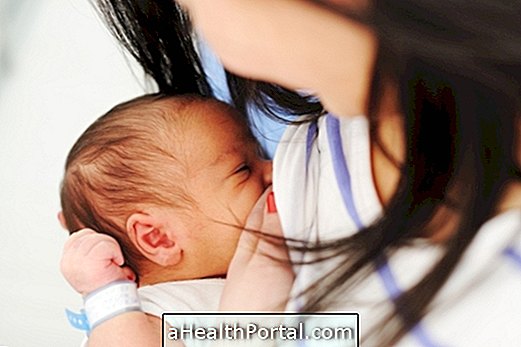
During the breastfeeding phase, it is important to drink plenty of fluids to ensure milk production, however some teas should be avoided to avoid causing discomfort or cramping in the baby. To learn more about this subject click on: Teas that you can not take in breastfeeding.
Key benefits for mother and baby
Breastfeeding brings countless benefits to the mother and baby. Some of the benefits of breastfeeding are:
| Benefits for the mother | Benefits for the baby |
| Combat postpartum haemorrhage and accelerate women's recovery | Prevents illness and decreases infant mortality rate |
| Facilitates weight loss | Decreases your baby's chances of having allergies |
| Decreases risk of breast, endometrial and ovarian cancer | Decrease colic in the first few months |
| Calm the baby | |
| Reduces the risk of developing type 2 diabetes in the mother | The milk is at the correct temperature and so there is no danger of burning the baby |
| It is not necessary to sterilize any utensils and therefore can happen anywhere | Decreases baby's risk of mental illness |
In addition to these benefits, breast milk is free and is the best food for the baby as it contains all the nutrients it needs to grow.
During this phase, breastfeeding can work as a contraceptive method, because as the menstruation does not come, the woman does not have a fertile period. However this only happens when the mother breastfeeds several times a day and in great quantity, feeding the baby exclusively with the breast milk until the baby completes 6 months. Learn more about Pregnancy in breastfeeding.
